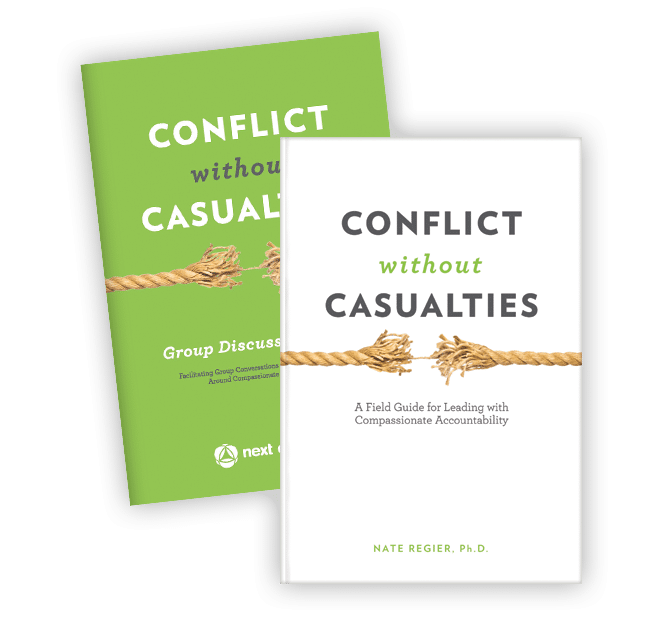
When To Use Open-Ended vs. Closed-Ended Questions
Share viaHow you ask a question is as important as what you ask about. Here’s a guide for when to use open vs. closed-ended questions.
Use Open-Ended Questions when…
- you are interested in the answer
- you are seeking options and alternatives
- you are willing to be influenced by new information
- you care about what the other person has to share
Examples:
What ideas do you have?
What’s your perspective on this issue?
How do you feel about this?
Which option do you recommend?
Use closed-ended questions when…
- your goal is a multiple choice test with one right answer
- you already know what you want to hear
- you are trying to trap someone
- you’ve already made up your mind
- you want to evaluate or judge the answer
- you are in a hurry
- you really don’t care at all
Examples:
Don’t you believe we should call them first?
What part of “no margin, no mission” don’t you understand?
Italian or Mexican?
Really?
Did you mean to say that?
Generally, open-ended questions convey curiosity. Closed-ended questions convey something else. What’s your goal?
Copyright Next Element Consulting, LLC 2016
Join our community to receive weekly articles and tips.
Conflict Without Casualties: A Field Guide for Leading With Compassionate Accountability. This book is the foundation for our Leading Out of Drama program, a comprehensive guide for balancing compassion and accountability to build relationships that are safe, curious, and consistent.
Book Your Next Keynote Speaker

Author and Co-founder of Next Element, Dr. Nate Regier is available to speak at your upcoming event.
Submit a Speaker RequestPodcast: Listen to Nate "On Compassion"
 Listen to the Podcast
Listen to the Podcast




0 Comments
Add comment